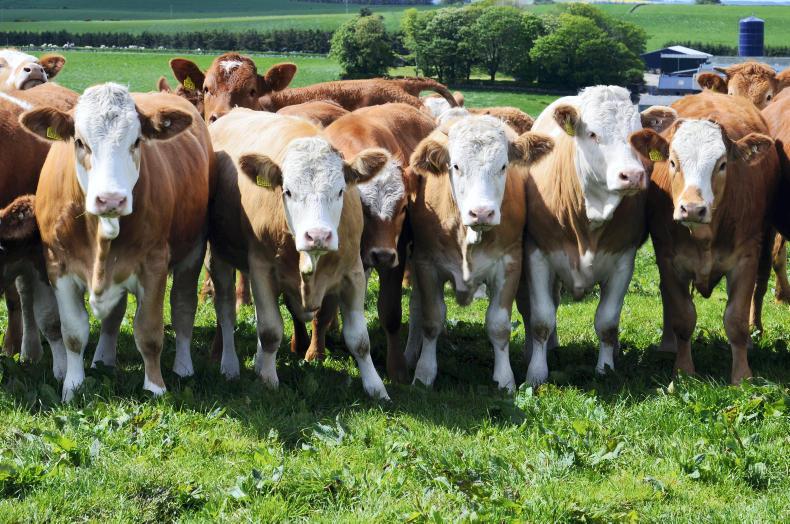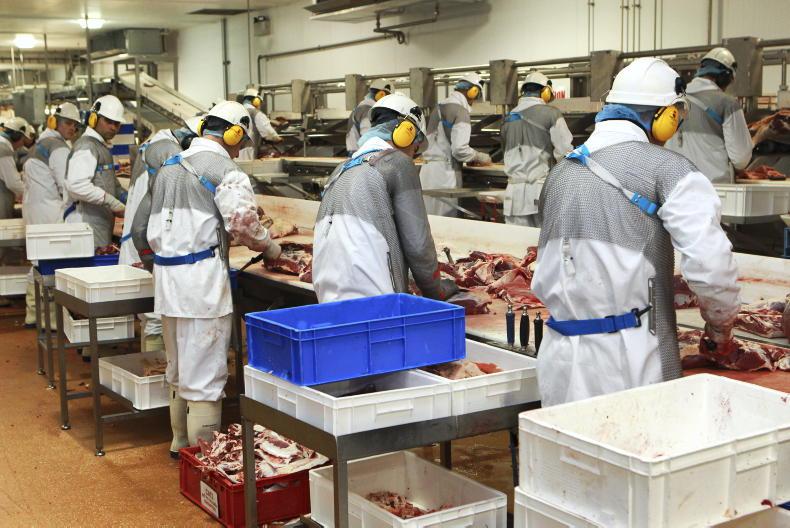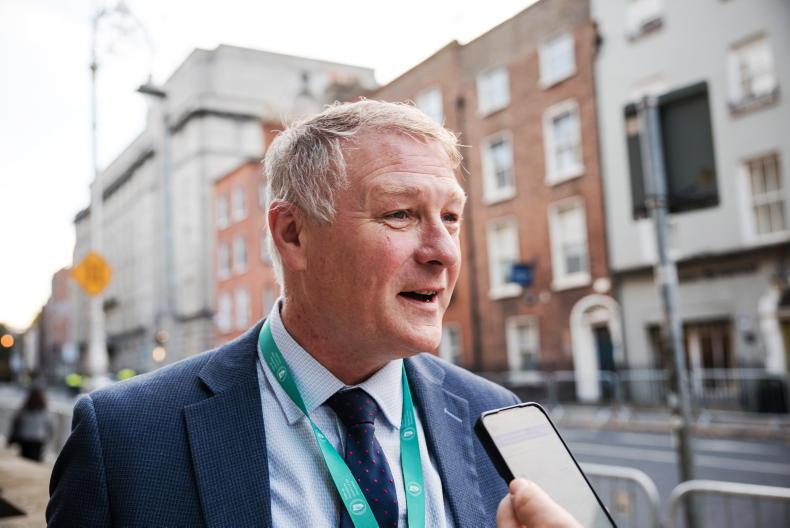Over the past few weeks work has been on-going between government officials and the agri-food industry on the support that might be necessary to keep farmers afloat in the event of a no-deal Brexit. The scenario assessed assumes that the UK exits the EU on 31 October 2019, and immediately faces checks and tariffs on goods exported to the EU. Meanwhile, there is the UK tariff plan published at the end of March which would allow goods into Britain via NI, unchecked and with zero tariffs, plus a substantial quota for beef and poultry to be imported from anywhere in the world. Whatever way you look at it, this entire scenario is extremely bad for farmers in NI and Britain.
So what would happen to the prices farmers receive? The reality is that no-one can say for sure, but could milk prices take a 10p/l hit if processors are forced to hold stocks of powder without a ready outlet?
Also, a beef price fall of 60p/kg is possible with the British market undermined by south American product and no outlet for fifth quarter cuts in Europe, and could the lamb price slump by 100p/kg if the UK is awash with lamb?
Over the two-month period of November and December NI farmers in 2018 produced 365.7m litres of milk, 72,861 finished cattle and 144,567 lambs. Assuming those same amounts were produced again this year, it is an £80m drop in income over these two months, just across the three sectors.
While various government ministers have indicated that they will support farmers in a no-deal scenario, it is clear that significant costs would soon mount up.
Of course, the financial damage is not just for the UK, and the implications of a no-deal outcome extend well beyond farming in NI, but when everything is added together, surely common sense will eventually prevail.
Perhaps it might actually take a couple of weeks of no-deal chaos in November for an accommodation to finally be found.
Read more
Stark warning for beef and sheep in no deal
Brexit will hit everyone
Over the past few weeks work has been on-going between government officials and the agri-food industry on the support that might be necessary to keep farmers afloat in the event of a no-deal Brexit. The scenario assessed assumes that the UK exits the EU on 31 October 2019, and immediately faces checks and tariffs on goods exported to the EU. Meanwhile, there is the UK tariff plan published at the end of March which would allow goods into Britain via NI, unchecked and with zero tariffs, plus a substantial quota for beef and poultry to be imported from anywhere in the world. Whatever way you look at it, this entire scenario is extremely bad for farmers in NI and Britain.
So what would happen to the prices farmers receive? The reality is that no-one can say for sure, but could milk prices take a 10p/l hit if processors are forced to hold stocks of powder without a ready outlet?
Also, a beef price fall of 60p/kg is possible with the British market undermined by south American product and no outlet for fifth quarter cuts in Europe, and could the lamb price slump by 100p/kg if the UK is awash with lamb?
Over the two-month period of November and December NI farmers in 2018 produced 365.7m litres of milk, 72,861 finished cattle and 144,567 lambs. Assuming those same amounts were produced again this year, it is an £80m drop in income over these two months, just across the three sectors.
While various government ministers have indicated that they will support farmers in a no-deal scenario, it is clear that significant costs would soon mount up.
Of course, the financial damage is not just for the UK, and the implications of a no-deal outcome extend well beyond farming in NI, but when everything is added together, surely common sense will eventually prevail.
Perhaps it might actually take a couple of weeks of no-deal chaos in November for an accommodation to finally be found.
Read more
Stark warning for beef and sheep in no deal
Brexit will hit everyone









SHARING OPTIONS